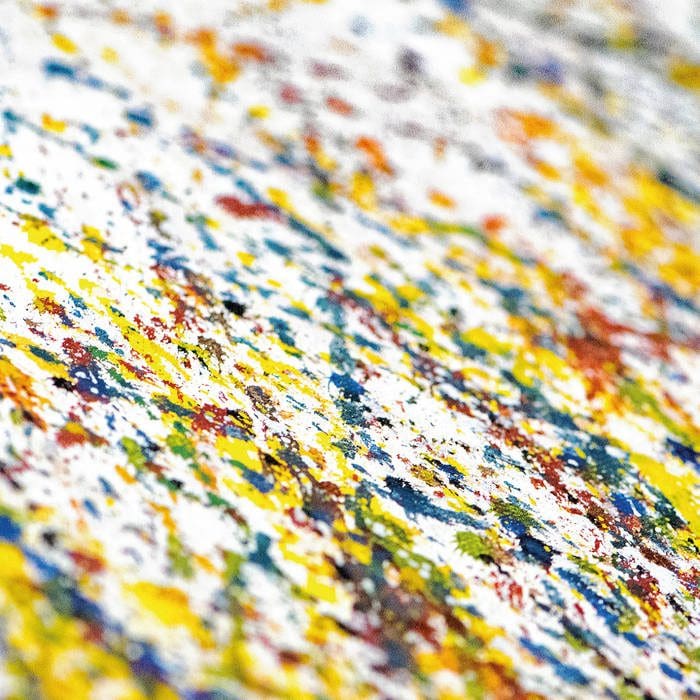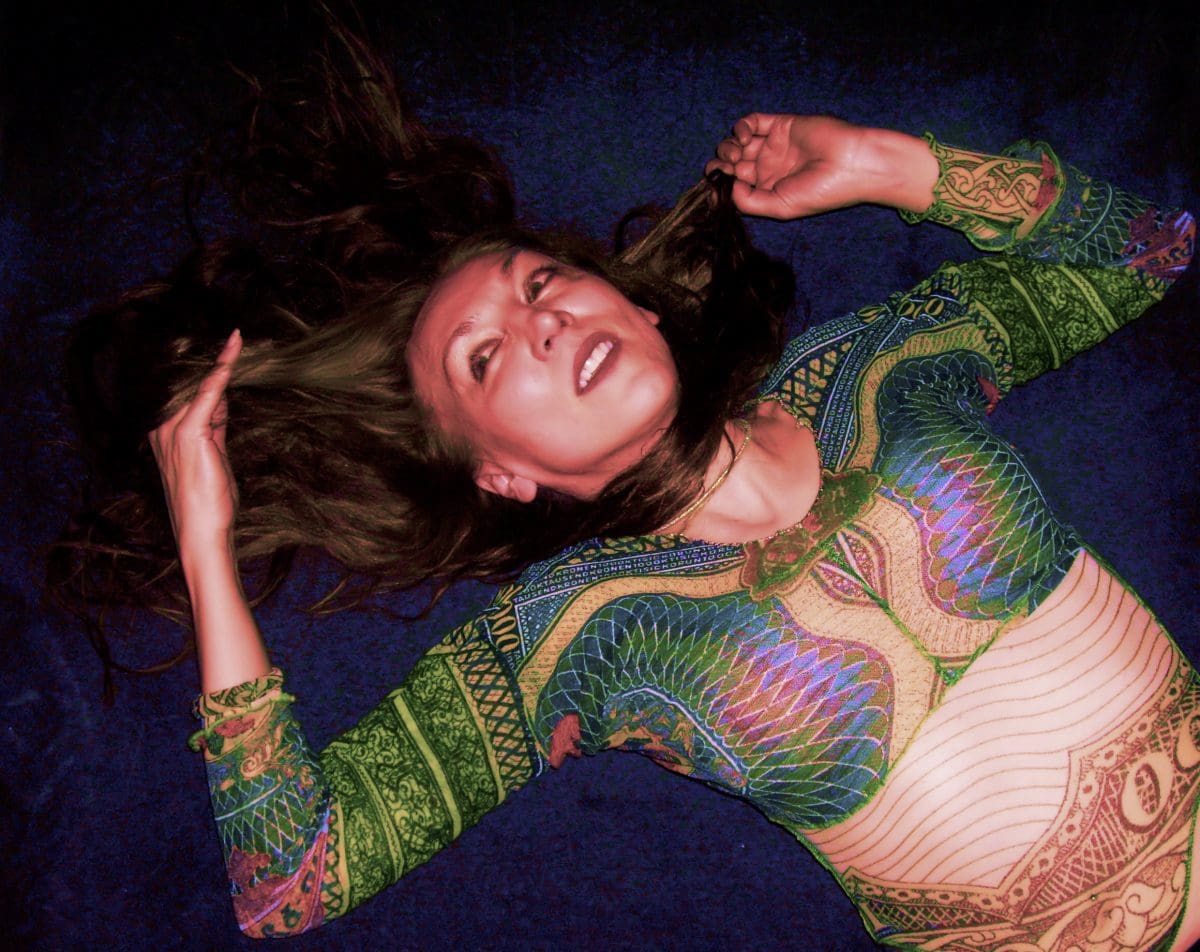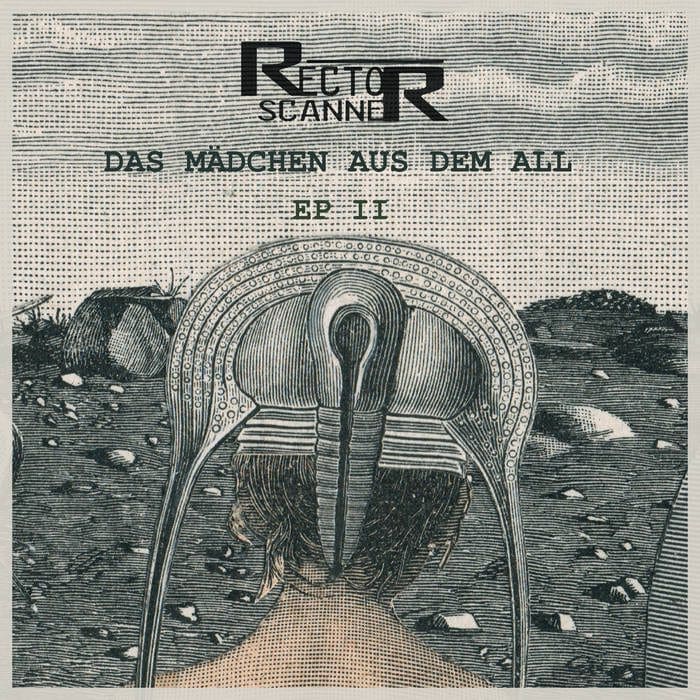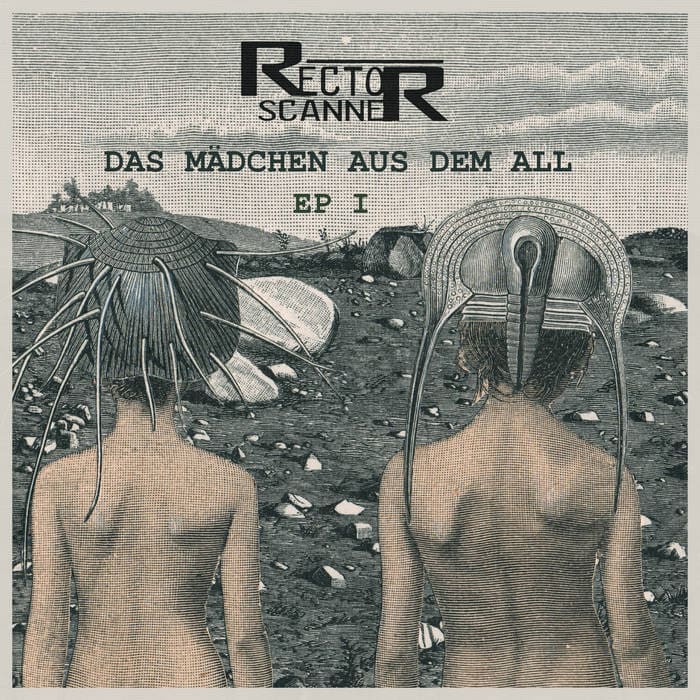‘Click Interview’ with Anni Hogan: ‘It Was A Really Happy Album Setting Based On Love And Friendship’
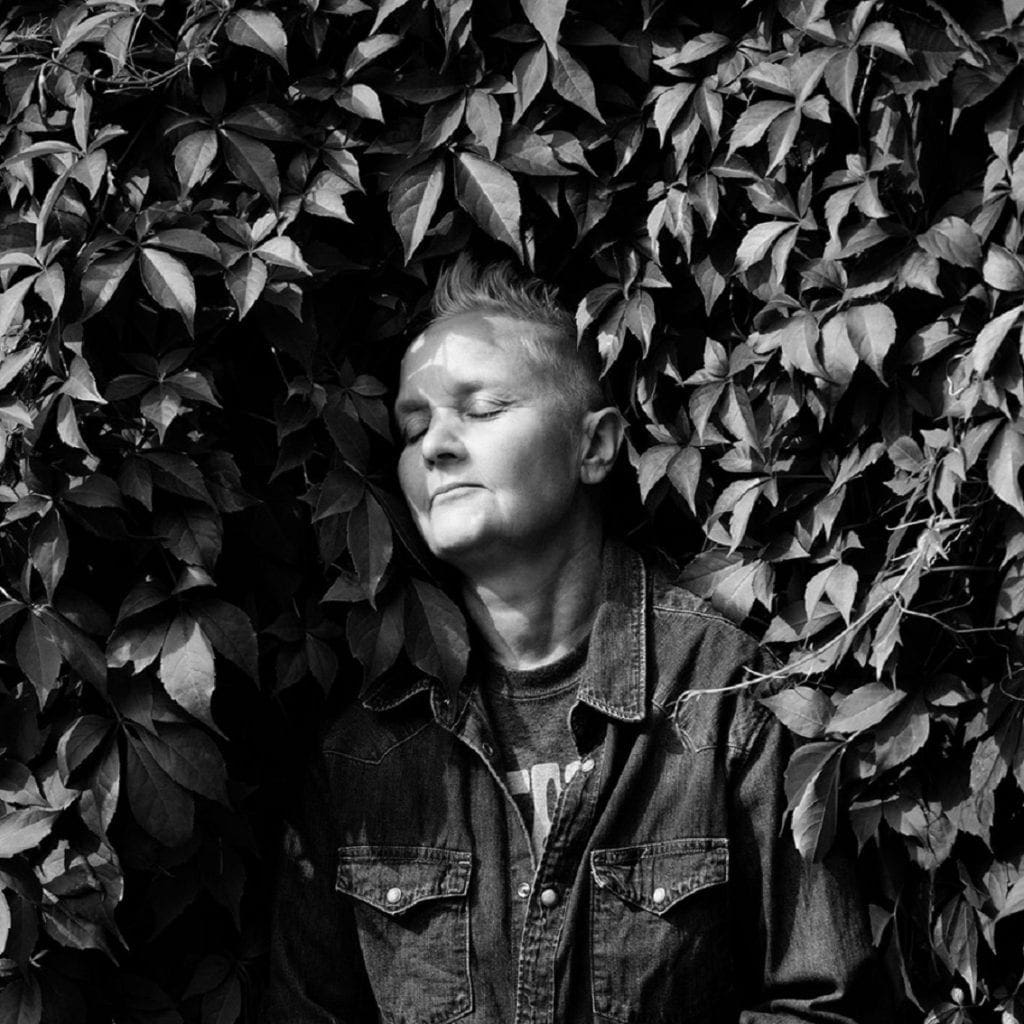

If you’re an ‘80s kid’ who listened to ‘dark’ music you for sure remember Anni Hogan! She started piano lessons and studied politics at the Leeds University. There she met Marc Almond and Dave Ball. We all know Anni Hogan as musician and pianist, but she got also active as record producer, composer and DJ. She worked a lot with Marc Almond, but also with other artists and bands. She went on tour with The Style Council, Nick Cave got featured as guest vocalist on one of her songs, she did an album together with Scanner etc. And this year Anni Hogan is back on track with the beautiful album “Lost In blue” released by Cold Spring Records. The work features eleven songs and sounds like a dark-jazzy-cabaret & chanson style. Anni Hogan invited numerous guest singers like Kid Congo Powers (ex-The Gun Club, ex-Nick Cave And The Bad Seeds…), Richard Strange (Doctors Of Madness), Wolfgang Flür (ex-Kraftwerk), Celine Hispiche, Lydia Lunch, Scarlet West, Gavin Friday (ex-Virgin Prunes) and John Fiddler. The works has something very intimate and has been produced by Dave Ball. Anni Hogan kindly accepted to answer a few questions.
(Picture credits: Peter Ashworth; interview courtesy by Inferno Sound Diaries)
Q: “Lost In Blue” appears to be a new sonic travel between you and some of your friends/mates featuring Dave Ball as producer. How did this album saw the daylight and tell us a bit more about the title, your ‘guests’ and the accomplishment of the songs?
Anni: The title went through a few conversions but “Lost In Blue” resonated with the album vibe, what I perceived as the ensuing darkness reflected in a cinematic jazz-cabaret infused compositional surround. I had a few songs written with Kid Congo, Richard Strange, Wolfgang Flur, Lydia Lunch, David Coulter and already had involved one of my favourite musicians & old friend, trumpet player Enrico Tomasso.
Dave Ball and I met up a few times and talked through album choices including him suggesting the incredible Gavin Friday and John Peel’s Dandelion label signing, 70’s band Medicine Head’s John Fiddler who sang the title track on “Lost In Blue”.
I initially wrote the music for each track and sent everyone my versions to write their responses. Dave and his music partner Riccardo Mulhall finessed their musical attributes and together we 3 worked with the album main ‘band’ consisting of Enrico, saxophonist Al Nicholls, harpist Maria Christina Harper and recorder & zither from multi instrumentalist Joanna Neale.
Once we had arranged all the tracks and reached a kind of critical mass, then Dave and Riccardo focused their talents on the final intrinsic visionary production, in my opinion creating a beautifully crafted, sensitive and satisfying confluence of all the songs into the final album.
Q: I’ve been touched by the intimate sphere recovering this work and the music influences moving from jazzy to cabaret to ‘chanson’. What kind of album did you want to accomplish and what has been the impact of Dave Ball?
Anni: I just wanted to make a great record of original songs and after meeting up with Dave in Soho this seemed like a genuine possibility. I have gone down on record many times as to my thoughts on Dave as a highly underrated but essential producer. I’ve known him since the Leeds early days and had total faith in his ability to create a holistic album ‘sound’ from all the musical elements involved. He has an immense knowledge of music history and despite his own history in electronic music, he has an innate knack for orchestral & jazz production techniques so we communicated very well and of course his musical partner Riccardo Mulhall is also amazing as sound engineer and co-producer. Plus we all got on great and we are all pretty funny so it was a really happy album setting based on love and friendship.
Q: You’ve done a lot with Marc Almond, who’s maybe the great absentee on “Lost In Blue”. Honestly I sometimes got the impression to hear him singing on a few songs. Are you still in touch with him and are there some other ‘guest’ artists you ever would like to work with?
Anni: The album is loaded with fabulous generous artists, everyone wrote their own stories in response to music I composed particularly for their voices and personas. I’ve not actually seen Marc for 30 years so I think we’d have needed a time machine (lol). “Lost In Blue” was my final work in that model so any future collaborations will be just that and not as ‘guests’.
Q: My favorite song from the album is without a shadow of a doubt “Ghosts Of Soho”. I feel a real passion emerging from the vocals while the lyrics make me think to Jacques Brel when he sings about Brussels… and I know Brel means a lot to you. Tell us a bit more about the song and Brel?
Anni: It is Celine Hispiche who delivers a ‘scream of consciousness’ vocal despairing the gentrification of Soho which Dave Ball & Riccardo Mulhall then edited down and half paced to allow the song to breathe more and allow the key musical elements piano, saxophone and trumpet to create a smokey jazz band dive-bar atmosphere. It could be that my previous piano/orchestral arrangements of Brel songs impacted my playing on this and possibly other songs on the album, but it was not a conscious thing, it’s part of my musical fabric shall we say.
I was told by Dave that theatrical writer and actress Celine could also be a little like Ian Dury in her performance technique so I wrote a sort of alternative cabaret style piano driven piece for her.
Q: In 2016 you released an album together with Robin Rimbaud (Scanner). I didn’t exactly expect you working together with Scanner and “Scanni” is maybe one of your most surprising works to date. What did you keep in mind from that particular experience?
Anni: I found Scanner aka Robin Rimbaud an interesting artist, he actually had my original “Kickabye”-12″. We met up a few times and became friends and as in all my projects, it just grew organically from sending a few files between us. I just wanted to try mixing my piano with Robin’s modular style production and I already had a few pieces that were ready for a new approach. It was a very easy experience musically between us, but I don’t think there was an audience for it particularly. Cherry Red did very little to promote it and so it remains a mixed feeling experience.
I wish we had explored more instrumentally as our instrumental piece “Once Upon” is one of my delights on “Scanni”.
The Jarboe songs were my favourites, I adore her as an artist, she’s a long time friend since the 80’s and hopefully we will work together again. There are a few people I would like to work with, but I’m currently just enjoying spending some alone time with my beloved baby grand piano.
Q: You’re in the music ‘business’ since the early 80s and I think we might affirm ‘you’ve seen it all’. What do you consider as the greatest evolutions/changes all over the years and how do you see things evolving towards the coming years?
Anni: Only technological advances have impacted any real change. In my opinion everything else has all been done before and I don’t hear anything new to be honest, myself included. People keep telling me ‘music is dead’ but I prefer to keep an open mind and await the next great evolution, but unless they invent a genuinely ‘new’ instrument… unlikely let’s face it, then it’s going to be more technological changes that make any real difference. I’m waiting for the tech’ to enable me to just ‘think it’ and it’s done regarding the computer side to my work so I don’t need to physically use computer software with my hands, just to use my brain would be great, save my hands for the beautiful real instruments!
Since you’re here …
… we have a small favour to ask. More people are reading Side-Line Magazine than ever but advertising revenues across the media are falling fast. Unlike many news organisations, we haven’t put up a paywall – we want to keep our journalism as open as we can - and we refuse to add annoying advertising. So you can see why we need to ask for your help.
Side-Line’s independent journalism takes a lot of time, money and hard work to produce. But we do it because we want to push the artists we like and who are equally fighting to survive.
If everyone who reads our reporting, who likes it, helps fund it, our future would be much more secure. For as little as 5 US$, you can support Side-Line Magazine – and it only takes a minute. Thank you.
The donations are safely powered by Paypal.

